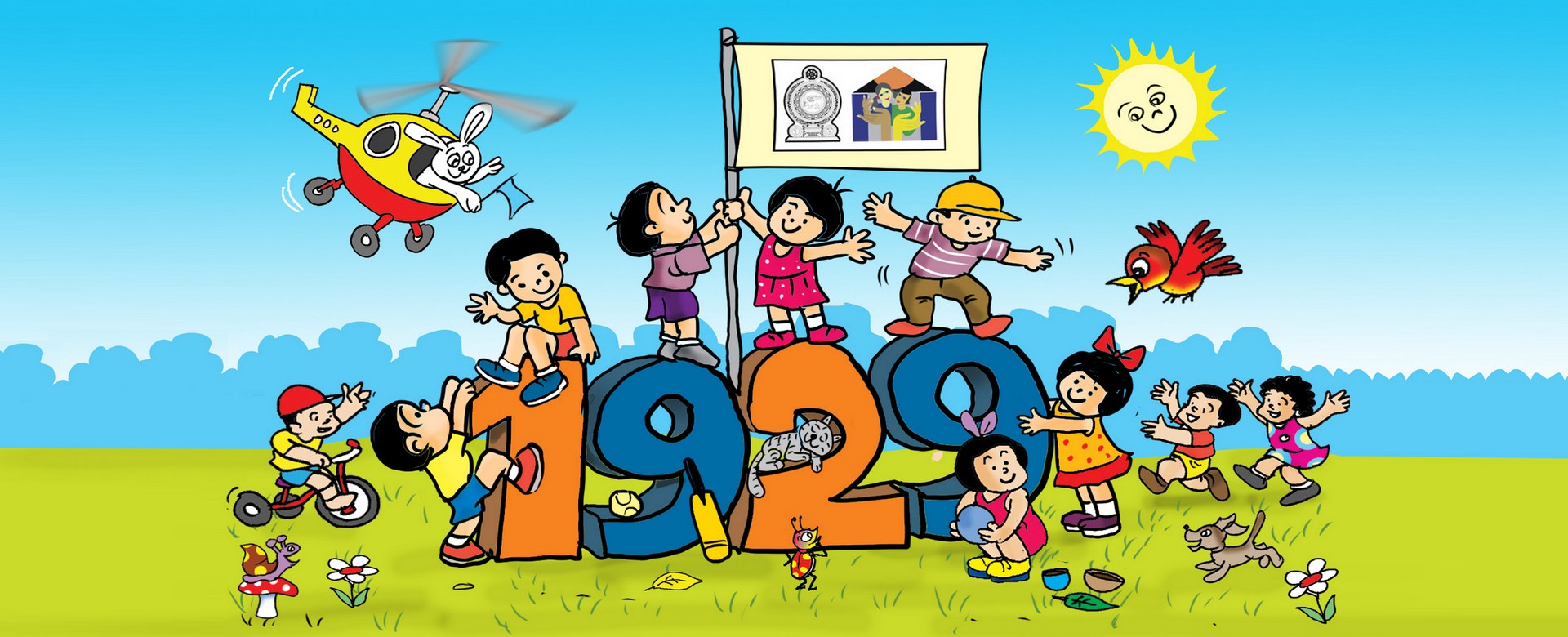The National Child Protection Authority was established by the parliament of Sri Lanka (by the Act No.50 of 1998) for the purpose of advising the government on policies and laws on the prevention of child abuse and the protection and treatment of children who are victims of such abuse and the co-ordination and monitoring of action against all forms of child abuse.
About NCPA
VISION
To create a child friendly and protective environment for children.
MISSION
To ensure children are free from all forms of abuse.
History of NCPA
Functions of NCPA
- Advise the Government in the formulation of a national policy on the prevention of child abuse and the protection and treatment of children who are victims of such abuse.
- Advise the Government on measures for the prevention of child abuse and protection of the victims of such abuse.
- Create an awareness, of the right of a child to be protected from abuse and the methods of preventing child abuse.
- Consult the relevant ministries, Provincial Councils, local authorities, District and Divisional Secretaries, public and private sector organizations and recommend all such measures as are necessary, for the purpose of preventing child abuse and for protecting and safeguarding the interests of the victims of such abuse.
- Recommend legal, administrative or other reforms required for the effective implementation of the national policy for the prevention of child abuse.
- Monitor the implementation and progress of laws relating to all forms of child abuse.
- Recommend measures to address the humanitarian concerns relating to children affected by armed conflict and the protection of such children, including measures for their mental and physical well-being and their re-integration into society and to take appropriate steps where necessary for securing the safety and protection of children involved.
- Receive complaints from the public relating to child abuse and where necessary, to refer such complaints to the appropriate authorities.
- Advise and assist Provincial Councils and local authorities, and nongovernmental organizations to co-ordinate campaigns against child abuse.
- Prepare and maintain a national data base on child abuse.
- Consultation with the relevant ministries and other authorities to supervise and monitor all religious and charitable institutions which provide child care services to children.
- Conduct, promote and co-ordinate, research in relation to child abuse and child protection.
- Provide information and education to the public regarding the safety of children and the protection of the interests of children.
- Engage in dialogue with all sections connected with tourism with a view to minimizing the opportunities for child abuse.
- Organize and facilitate, workshops, seminars and discussions, relating to child abuse.
- Liaise and exchange information with foreign Governments and international organizations, with respect to detection and prevention of all forms of child abuse.




